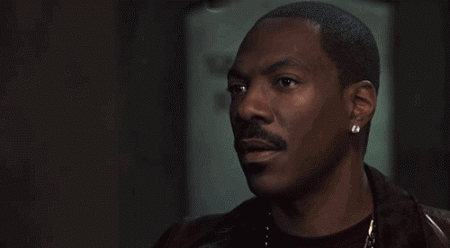Dusty Bake Activate
Fukk your corny debates
lol@Sandy stopping Romney's momentum. His momentum stopped about 3 weeks ago.
Republicans: If Romney Loses, Blame Hurricane Sandy | TPMDC
Republicans: If Romney Loses, Blame Hurricane Sandy | TPMDC
In the event that President Obama wins reelection on Tuesday, Republicans have already found their scapegoat: Hurricane Sandy.
Just days before Election Day, GOP pundits and prognosticators and some within the Romney campaign are roundly describing the devastating storm as the critical event that halted their candidates upswing in the polls, which give Obama a clear advantage in the electoral college math.
The hurricane is what broke Romneys momentum. I dont think theres any question about it, said Haley Barbour, a former Mississippi governor, RNC chairman and respected political strategist, on CNNs State of the Union Sunday. What happened was the news media absolutely blacked out any coverage of the issues.
Karl Rove made a similar argument to the Washington Post on Saturday.
If you hadnt had the storm, there would have been more of a chance for the [Mitt] Romney campaign to talk about the deficit, the debt, the economy, said the Republican strategist who is spending millions to help Romney win. There was a stutter in the campaign. He described it as a subtle disadvantage to Romney on balance.
Obama has temporarily been a bipartisan figure this week. He has been the comforter-in-chief and that helps, Rove said. The storm, he told the Post, was the October surprise. For once, the October surprise was a real surprise.
Anonymous Romney campaign aides sounded the same note to CBS News.
Campaign sources concede superstorm Sandy stalled Romneys momentum. For eight straight days, polls showed him picking up support, read an article Saturday afternoon. [Romneys] leads in Florida, Virginia, North Carolina and Iowa still hold in the internal polls, campaign sources say, but Romneys movement flattened out or, as the campaign likes to say, paused. Nevada is now off the table, and those neck-and-neck swing states are even tighter.
The argument misstates the timing of the Romney surge. While the first presidential debate early October led to an unquestionable polling swing in Romneys favor, scores of national surveys showed the race stabilizing by mid-October, well before the storm hit. At his polling peak, Romney pulled ahead in the popular vote but lacked any apparent advantage over Obama in the electoral college math.
Barbour fleshed out his case for why the Romney campaign is reeling from the hurricane.
Any day that the news media is not talking about jobs and the economy, taxes and the economy, deficits and debt, Obamacare and energy, is a good day for Barack Obama, he said. You had a blackout on all of those issues that started about last Saturday and lasted until about yesterday that is what really was good for Barack Obama. Now whether it was good enough remains to be seen. You know, if this election had been held last Friday the last Friday in October, Romney would have won. Nothing was stopping Romneys momentum no matter what Obama did he couldnt stop his momentum.
Team Obama dismissed the Sandy-as-scapegoat argument as a face-saving move.
I think Karl Rove might have said that because a few days ago he predicted a big Romney win, said White House senior adviser David Plouffe, appearing Sunday on ABCs This Week. And my sense is Karl is going to be at a crossroads himself on Tuesday when he tries to explain to the people who wrote him hundreds of millions of dollars why they fell up short.





